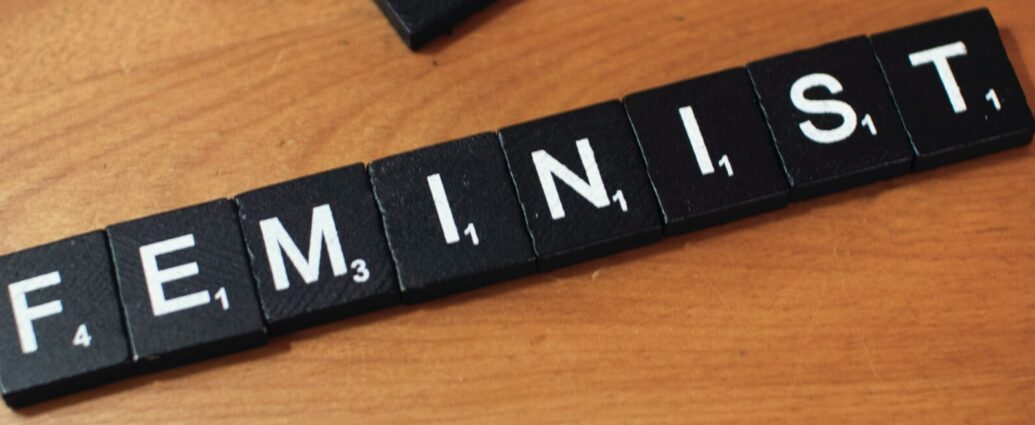TW: Discussions of sexual abuse and racism
Isabelle Shaw
Following the emergence of movements like #MeToo, the twenty-first century might be perceived as a safe period for women to speak out against gender-based discrimination. Yet, stigma still exists on a global level which limits women’s freedom of speech.
Propelled by backlash from conservative media, the public can often be scaremongered into conflating feminism with misandry or a call for matriarchy. This proves that women’s voices are still diminished in the fight for equal rights.
However, it is imperative that women keep talking about their experiences and beliefs for the fight for progress to continue, as women like Millicent Fawcett and Mary Wollstonecraft have done in the past. Examples of women speaking out against misogyny stand as inspiration for women today to use their voices to fight for the importance of equal rights for men and women. In this article, I highlight some of these women, and explain what difference their differences have made to the feminist movement.
The Power of Women’s Testimonies
“women are often persecuted for not speaking out or reporting their experiences of sexual assault immediately”
Earlier this month, the news of E. Jean Carroll voicing her account of her sexual assault led to Donald Trump’s conviction. Carroll’s testimony exemplifies great bravery and demonstrates the power of women’s voices in the fight against gendered injustice by male authority, and highlights the importance of holding men accountable for their behaviour.
Carroll spoke of the trial as helping to demolish the myth of the ‘perfect victim’, emphasising how women are often persecuted for not speaking out or reporting their experiences of sexual assault immediately. Carroll’s voice has been instrumental in speaking out against regressive and discriminatory expectations of what a sexual assault survivor should look like, and creating change for the better.
The Power of Women’s Voices in Literature
It is important to recognise that it is okay for some women not to speak out. Instead, they can use their voices to create change in other ways, such as through literature.
Recently, Florence Given’s book, Women Don’t Owe You Pretty (2020), has become a well-known piece of contemporary feminist non-fiction writing. Given’s passion, sympathy and understanding allows for re-education on the topic of feminism. She discusses how her life has been shaped by men, pointing out that men’s domination of positions of power and superiority has negatively impacted her, as it does all women. For example, Given explores the hidden ways men keep women’s power at bay, and how this should be changed by ignoring the male gaze.
“speaking about feminism helps people to better understand it”
Throughout the book, the conversation which Given has with her readers is enlightening. Given talks to her readers as she would talk to her younger self. Her book is a brilliant example of how speaking about feminism helps people to better understand it. I believe it is so crucial for literature to focus more on the feats of women in the twenty-first century.
Women’s Voices and Intersectional Feminism
Intersectional feminists hold that feminism calls for equal rights for all women.
The ideology of ‘white feminism’, as explained by Koa Beck in her book White Feminism (2021), has revealed how some women appear to hold feminist beliefs, but do not challenge gender discrimination itself.
“feminist progression has been stunted by ignoring the hardships of ethnic minorities”
It is important to praise women for breaking the glass ceiling of the corporate world. However, it is often hard not to ignore that to achieve this they have often had to fight against other women. Beck is right in arguing women need to support other women to gain equal positions in society, instead of focusing on individual success.
Additionally, feminist progression has been stunted by ignoring the hardships of ethnic minorities that are held back from achieving their potential due to discrimination on the grounds of both race and gender. The term feminism needs to be talked about in a way which includes everyone in the conversation about equal rights.
These different examples highlight the power women have when they use their voices as a means to create progress and understanding in the fight for equal rights and the challenging of prejudices.
READ NEXT:
- THE #HYPERFEMININE TIKTOK MOVEMENT AS A RESPONSE TO TOXIC MASCULINITY
- TAYLOR SWIFT AND OTHER GIRLS
- MEG WHITE AND GENDER IN THE PERCUSSION WORLD
Featured image courtesy of Jen Theodore via Unsplash. Image license here. No changes were made to this image.

